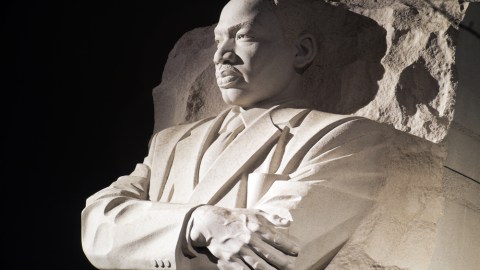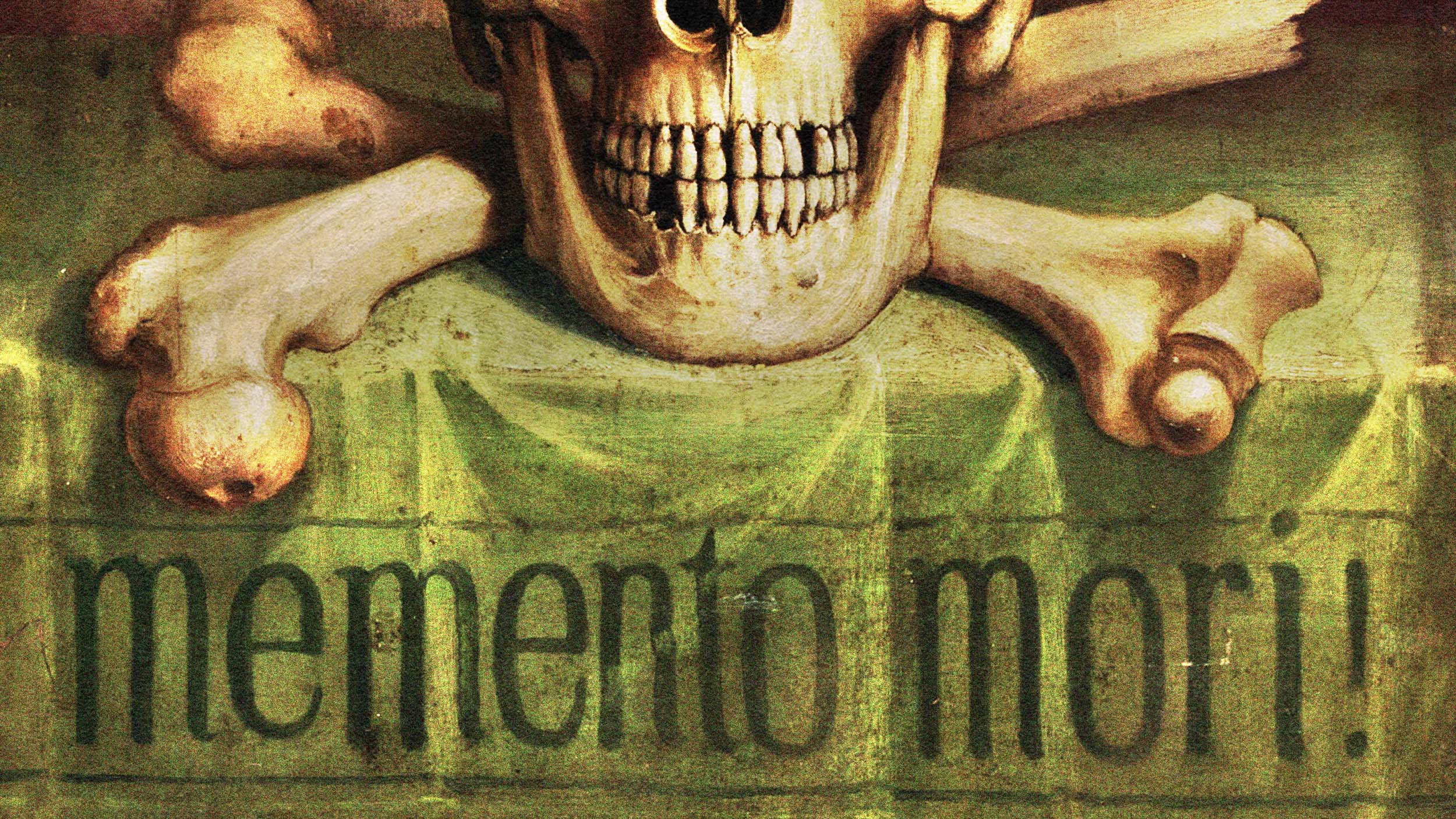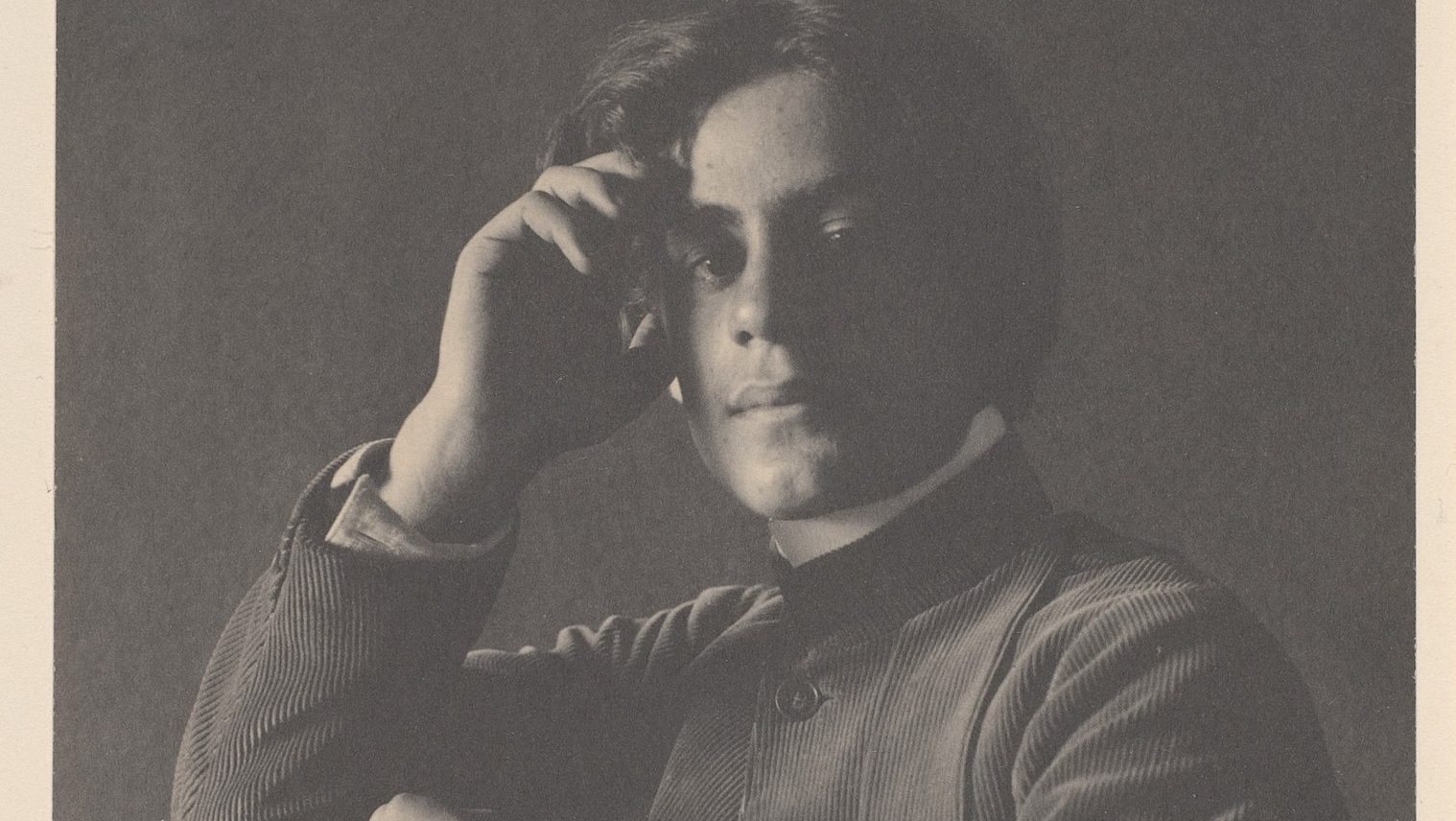Thinking About Your Own Death on MLK Day

Two months to the day before he was assassinated, the Rev. Martin Luther King Jr. gave his “Drum Major Instinct” sermon at the Ebenezer Baptist Church in Atlanta. The homily is not as famous as Dr. King’s “I have been to the mountaintop” speech delivered the day before his death on April 4, 1968, but its message is just as stirring. The sermon reminds us of the ideals that animated Dr. King’s life and makes a moving case for all of us to spend a few minutes contemplating our own death.
Just as we should think each morning of what we want to accomplish by nightfall, Dr. King suggests, we ought to imagine now what we would like our legacy to be when we are no more. The thought is not “morbid.” It is not about death. It is, instead, all about life.
Every now and then I guess we all think realistically (Yes, sir) about that day when we will be victimized with what is life’s final common denominator—that something that we call death. We all think about it. And every now and then I think about my own death and I think about my own funeral. And I don’t think of it in a morbid sense. And every now and then I ask myself, “What is it that I would want said?” And I leave the word to you this morning.
If any of you are around when I have to meet my day, I don’t want a long funeral. And if you get somebody to deliver the eulogy, tell them not to talk too long. (Yes) And every now and then I wonder what I want them to say. Tell them not to mention that I have a Nobel Peace Prize—that isn’t important. Tell them not to mention that I have three or four hundred other awards—that’s not important. Tell them not to mention where I went to school. (Yes)
I’d like somebody to mention that day that Martin Luther King, Jr., tried to give his life serving others. (Yes)
I’d like for somebody to say that day that Martin Luther King, Jr., tried to love somebody.
I want you to say that day that I tried to be right on the war question. (Amen)
I want you to be able to say that day that I did try to feed the hungry. (Yes)
And I want you to be able to say that day that I did try in my life to clothe those who were naked. (Yes)
I want you to say on that day that I did try in my life to visit those who were in prison. (Lord)
I want you to say that I tried to love and serve humanity. (Yes)
Dr. King went on to list a few earthly treasures he wouldn’t leave behind: little “money,” no “fine and luxurious things,” no “other shallow things” that “will not matter.”
“I just want to leave a committed life behind…I just want to be there in love and in justice and in truth and in commitment to others,” Dr. King concluded, “so that we can make of this old world a new world.”
Listen to an excerpt here:
Image credit: Mesut Dogan / Shutterstock.com





